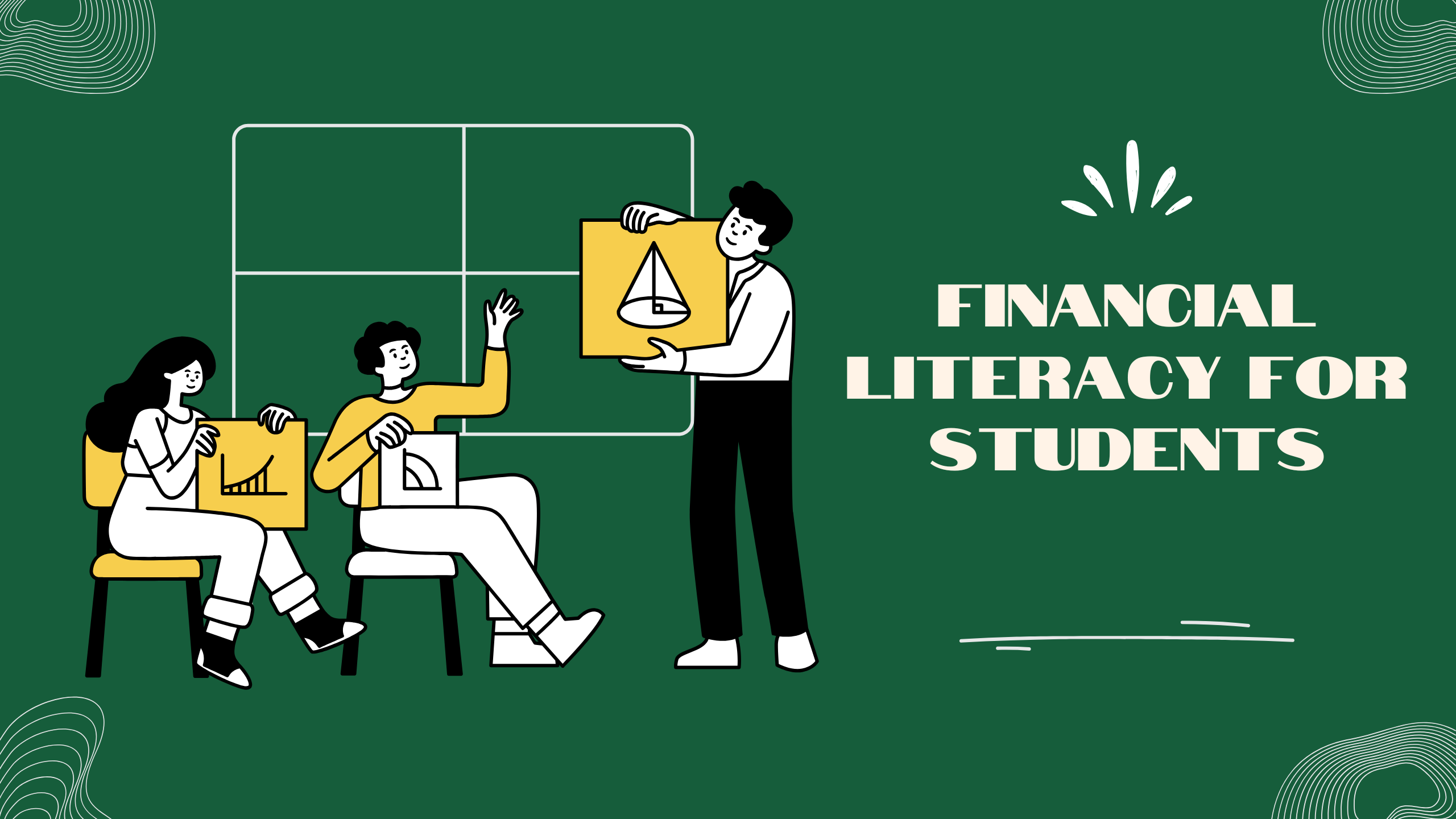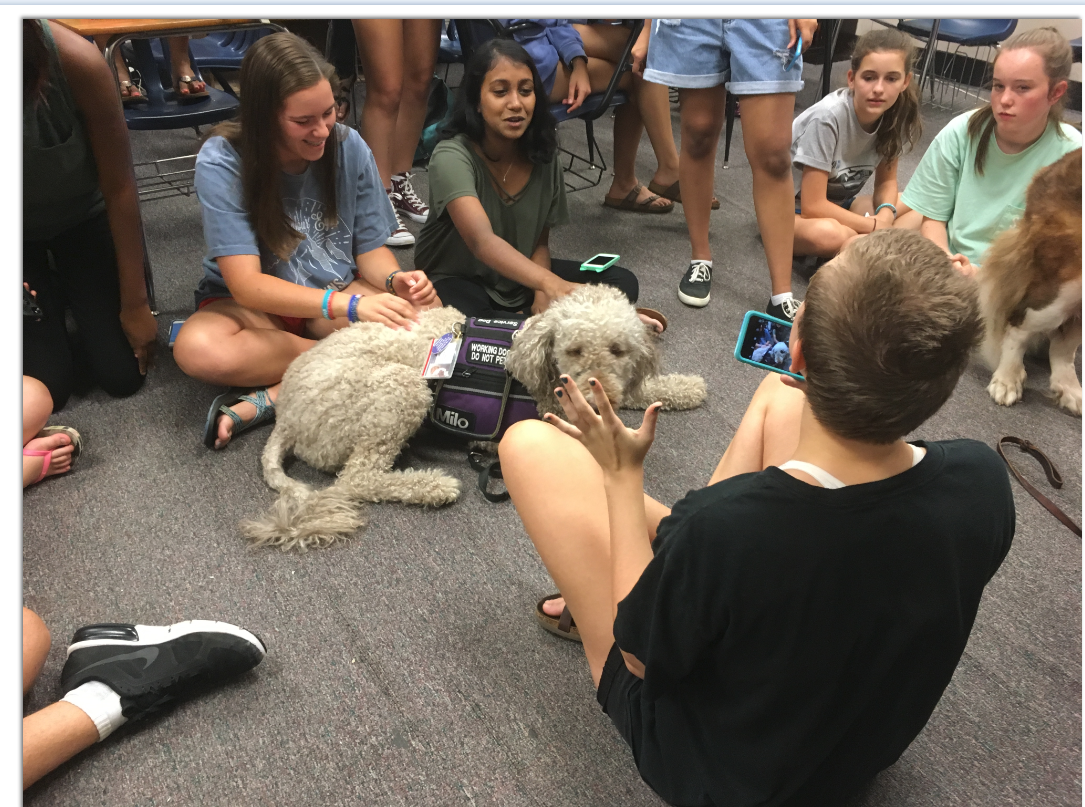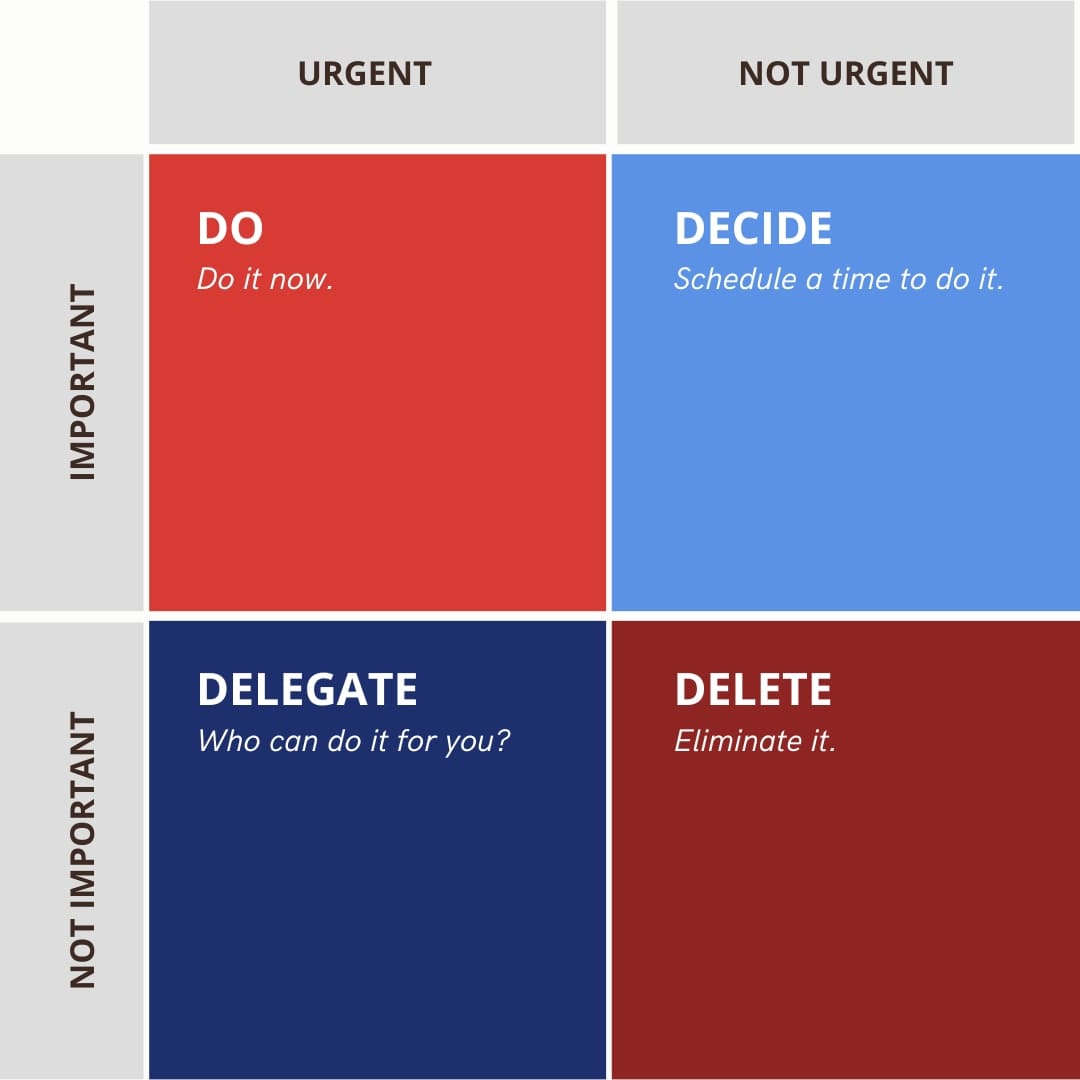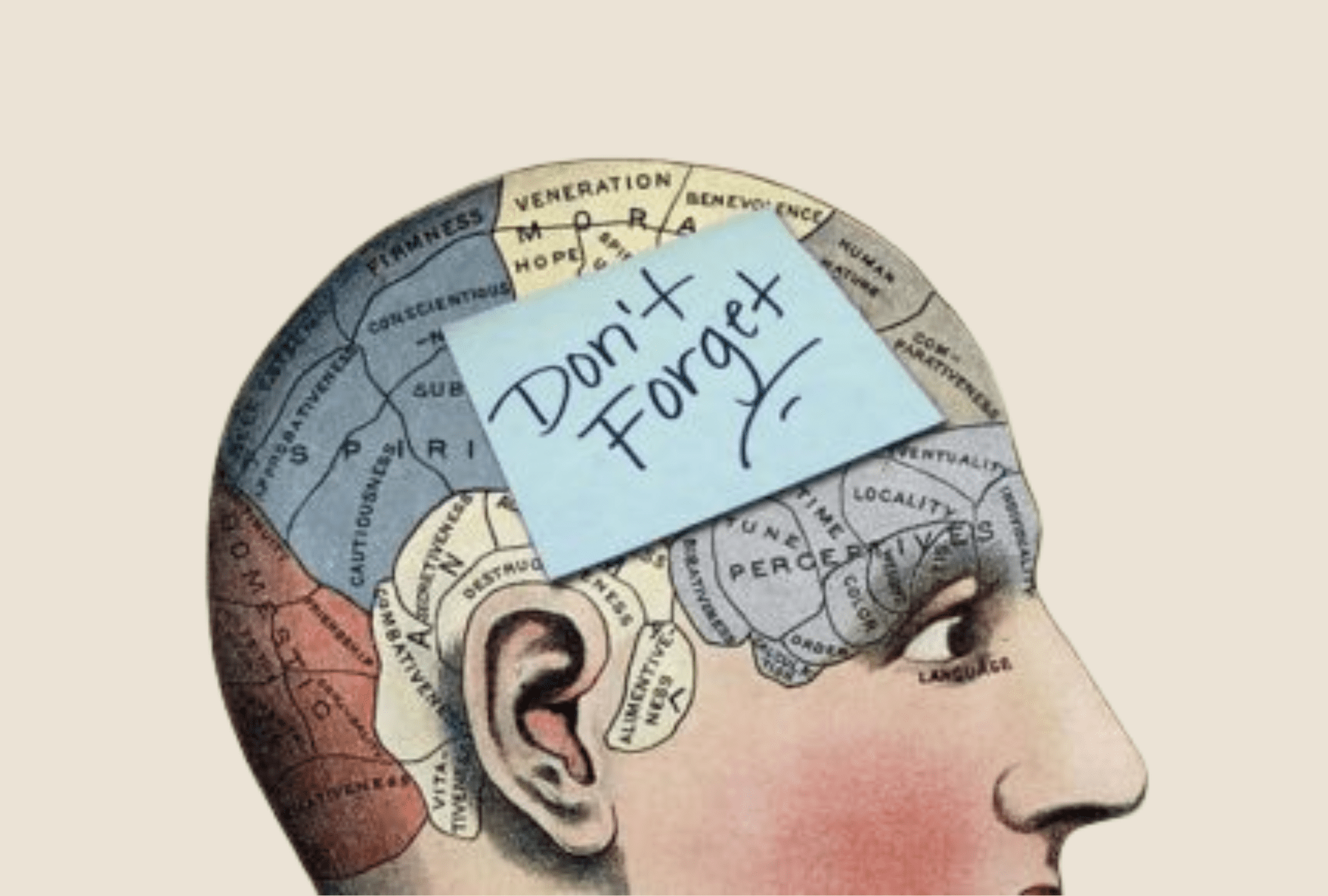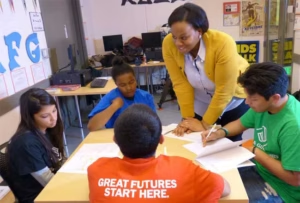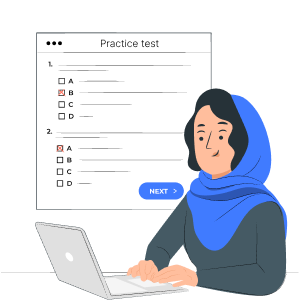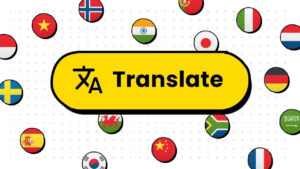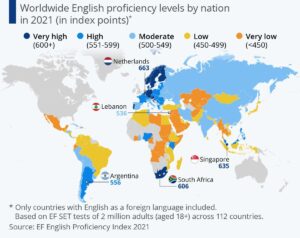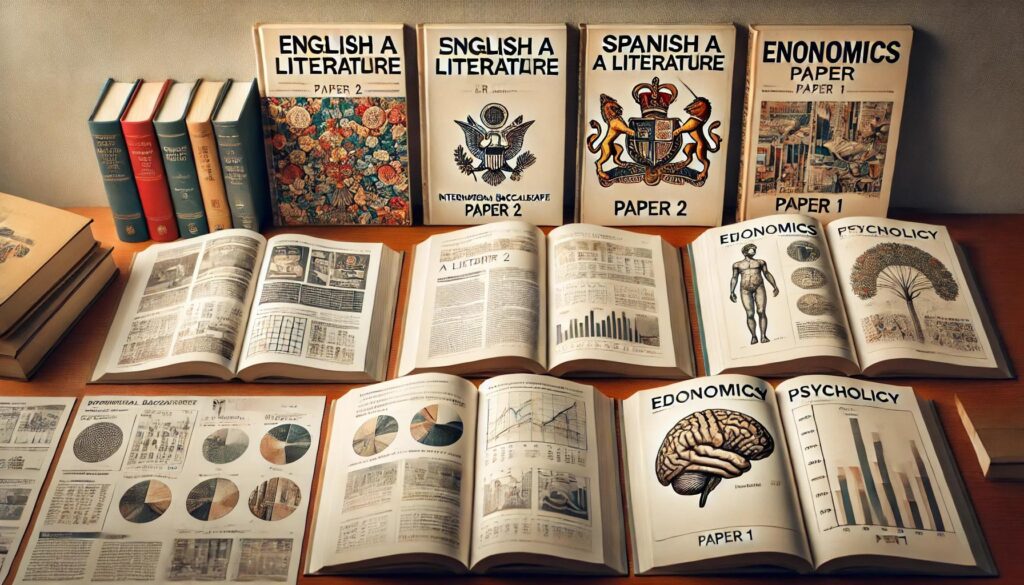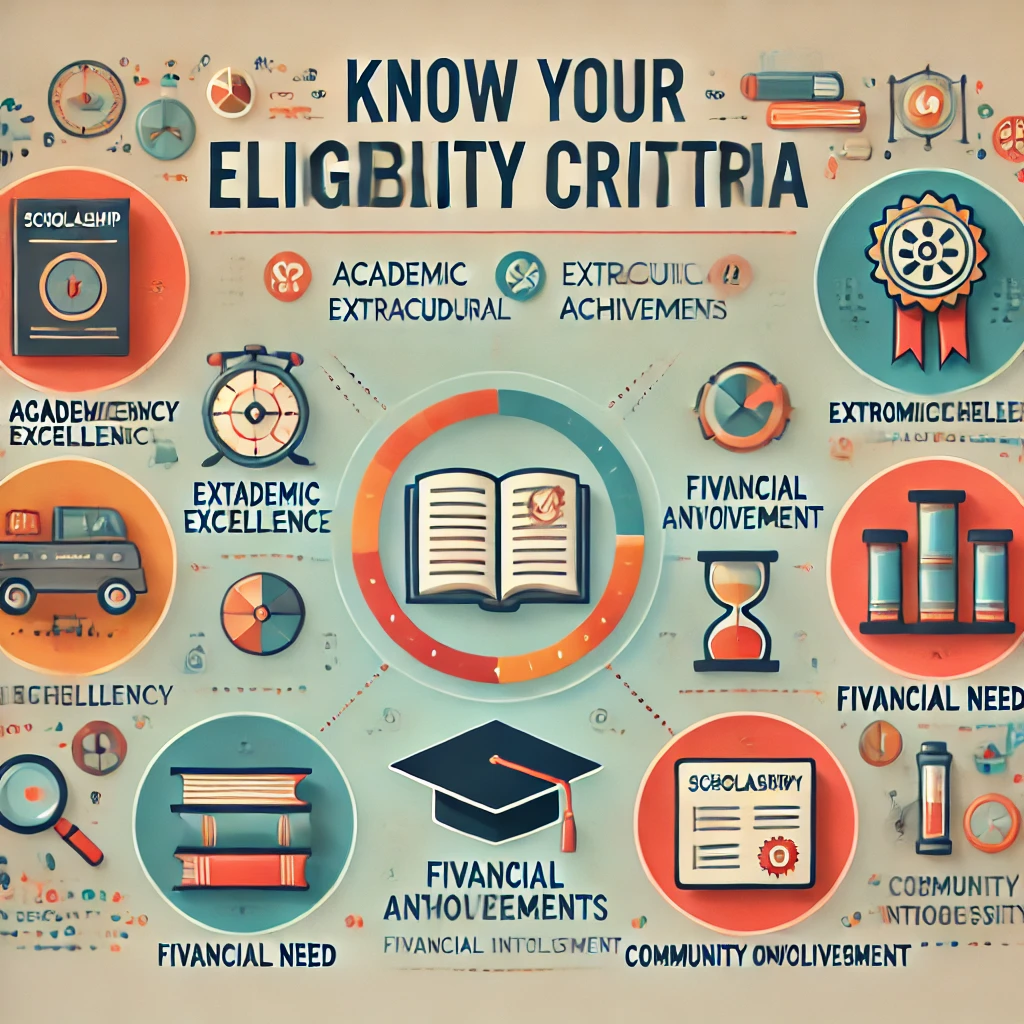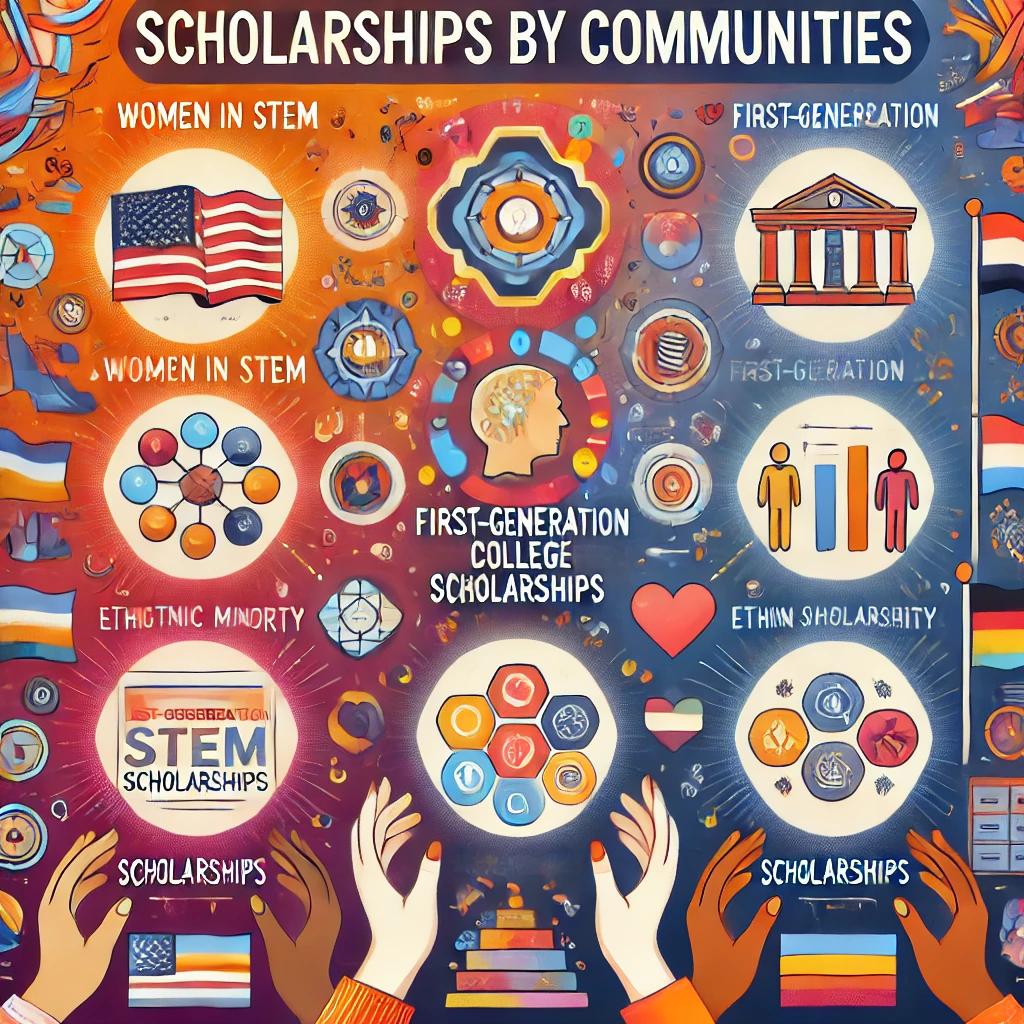Using AI as Your Study Buddy, But Ethically
Learn how to use AI as a study buddy ethically, enhancing your learning without becoming overly dependent.
Artificial Intelligence (AI) is no longer a concept from the future—it’s here and deeply integrated into our daily lives, including education. Tools like ChatGPT, Gemini AI, Grammarly, Duolingo, and Khan Academy’s AI tutor etc are revolutionizing how we learn. These tools can simplify complex topics, suggest creative ideas, provide instant feedback, and even personalize your learning experience based on your unique needs.
For example, ChatGPT can help you brainstorm essay ideas, Grammarly can refine your writing, and Duolingo makes learning a new language fun and interactive. AI empowers students and educators alike, making education more accessible and efficient.
But as amazing as AI is, it’s equally important to ensure we remain in control of our learning journey. Over-reliance on AI can hinder the development of critical thinking, creativity, and problem-solving skills—core aspects of education.
So, how do you strike the perfect balance between using AI as a helpful tool and staying engaged in your learning process? Here’s a practical guide with 10 tips to help you use AI ethically in education—without becoming overdependent.
1. Use AI as a Support, Not a Substitute
AI is a fantastic assistant, but it shouldn’t replace your efforts. For example, it can help you brainstorm ideas or improve the structure of your essay, but the actual content should be yours. Why? Because learning comes from the process, not shortcuts.
Here are some AI tools that can make life easier for students:
- Quillbot: A paraphrasing tool that helps rewrite content for better clarity and understanding.
- Grammarly: An AI-powered writing assistant that checks grammar, spelling, and style for polished writing.
- Otter.ai: A transcription tool that converts spoken words into written notes in real time.
- ChatGPT: A versatile AI chatbot for brainstorming ideas, clarifying doubts, or even editing text.
- Gradescope: A grading platform that streamlines the process of providing feedback on assignments and exams.
- Wolfram Alpha: A computational engine for solving complex math, science, and data-related queries.
- Duolingo: An engaging language-learning app AI-driven for personalized lessons and practice.
- Google Scholar: A search engine for scholarly articles and academic research.
- Dorik AI: A no-code platform for effortlessly designing and launching professional websites.
Quick Tip
After AI gives you an idea or answer, dig deeper on your own. Ask, “Do I truly understand this?” If not, dive into other resources to fill the gaps.
2. Fact-Check Everything
AI doesn’t always get it right. Sometimes, it provides outdated or misleading information. Treat AI-generated content as a starting point, not a final answer, and verify it with credible sources like textbooks, academic articles, or trusted websites.
Why It Matters
Misinformation is a slippery slope. Fact-checking not only ensures accuracy but also sharpens your research skills.
3. Balance AI with Traditional Learning
Traditional learning methods—reading books, solving problems manually, or discussing ideas with others—build critical thinking and problem-solving skills. AI can complement these methods but shouldn’t replace them.
Think of This Analogy
AI is like a flashlight—it illuminates the way, but you still have to walk the path yourself to truly learn.
4. Avoid Plagiarism and Over-Dependence
Using AI to generate entire essays or assignments is tempting but unethical. Plagiarism, whether from AI or any source, undermines your learning and integrity.
Instead, use AI ethically for brainstorming, drafting, or organizing ideas, and then create the final product in your own words.
Why Over-Dependence Is Harmful
It prevents you from developing essential skills like creativity, problem-solving, and independent thought.
5. Ask Ethical Questions Before Using AI
Before asking AI for help, reflect on your intentions. Are you using it to truly learn, or are you cutting corners?
Questions to Ask Yourself
- Am I using this tool to deepen my understanding?
- Will relying on AI for this task hinder my skill development?
If the answers lean towards shortcuts, rethink your approach. Remember, using AI ethically is very important.
6. Be Transparent About AI Usage
If AI plays a role in your work, be open about it. Whether you’re using AI for research, brainstorming, or drafting, transparency shows integrity and builds trust.
For example- This blog post was crafted through a combination of human creativity and AI refinement. While the core ideas and structure were generated by me, AI played a supportive role in refining and enhancing the language. This approach allowed me to ensure clarity and precision in presenting my thoughts while maintaining my personal touch.
Transparency about using AI in this way reflects integrity and highlights how technology can complement human effort rather than replace it.
7. Don’t Forget the Human Element
Learning is as much about connecting with people as it is about absorbing knowledge. AI can’t replicate the personal growth that comes from collaborating with peers, discussing ideas, or receiving feedback from teachers.
8. Stay Curious and Creative
AI works with existing data, but your creativity knows no bounds. Don’t let AI define your thinking. Push yourself to explore new ideas and perspectives that go beyond what an algorithm can offer.
9. Keep AI in Perspective
It’s easy to get caught up in the convenience AI offers but remember: it’s just a tool. Your mind is the real powerhouse. Use AI to enhance your learning, not to dictate it.
Quick Tip
Set limits on your AI usage. For example, use it for 20% of your study process and dedicate the rest to independent research and problem-solving.
10. Keep Privacy and Ethics in Mind
When interacting with AI, be mindful of what information you share. AI tools often store input data, and sharing sensitive or personal details could compromise your privacy.
Ethical Tip
Use anonymized data or generic queries, especially when working on assignments or discussing specific scenarios.
Conclusion: AI as Your Learning Partner
AI is an incredible resource, but it’s not a replacement for effort, curiosity, and critical thinking. By using AI ethically, fact-checking its outputs, and combining it with traditional learning methods, you can strike the perfect balance. To help you ensure accuracy and originality in your work, consider using AI fact-checking and plagiarism tools like Turnitin, Copyscape, Scribbr, and PlagScan. These tools can help you proofread your work, verify sources, and maintain academic integrity.
Remember: AI is here to assist you, but the real magic lies in your dedication and creativity.
At Young Scholarz, we believe in empowering students to learn smarter and more effectively. Our expert-led programs focus on developing critical thinking, creativity, and independence, helping you make the most of tools like AI without losing sight of your learning goals. Whether you’re preparing for IB, IGCSE, or beyond, we’re here to guide you every step of the way. Ready to take your learning to the next level? Join us at Young Scholarz today!
